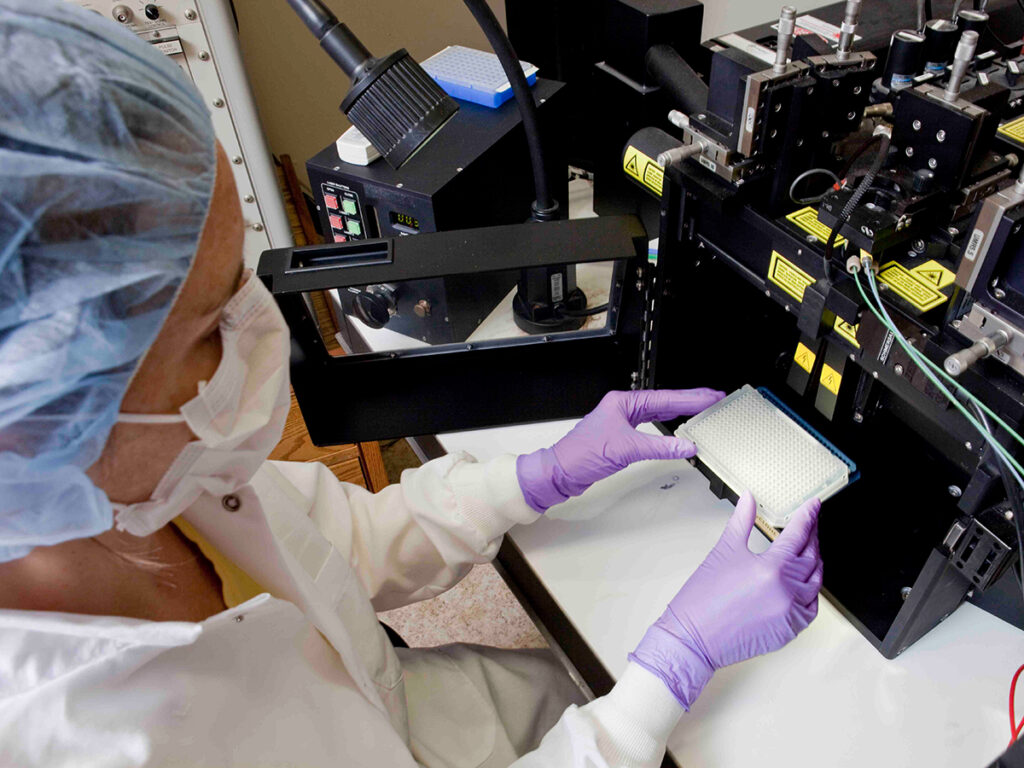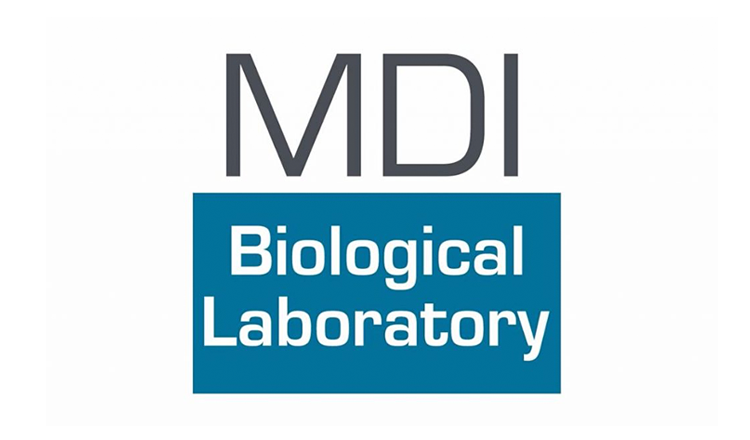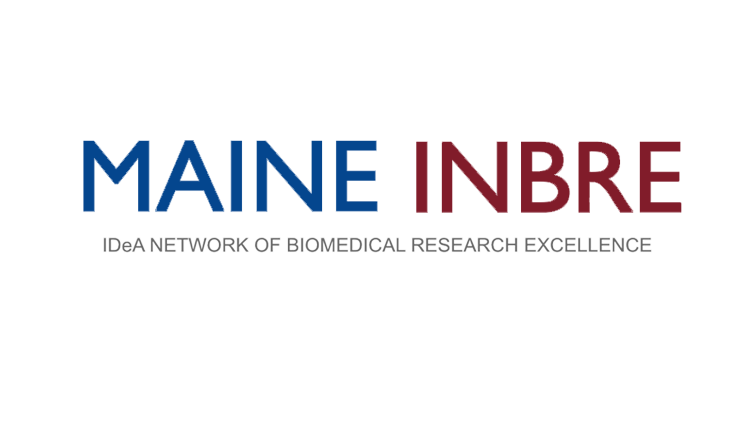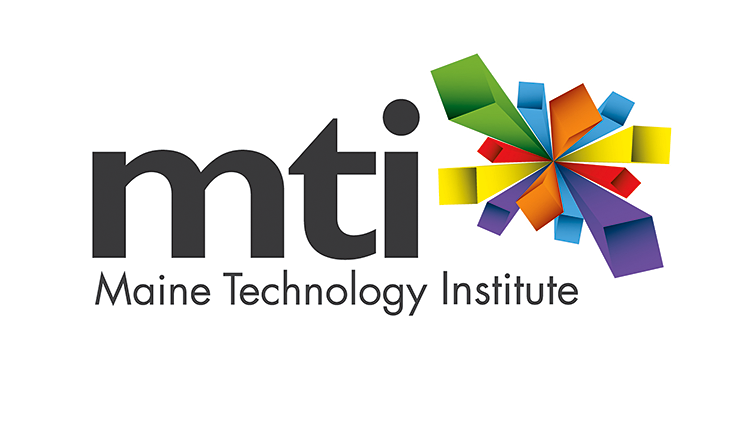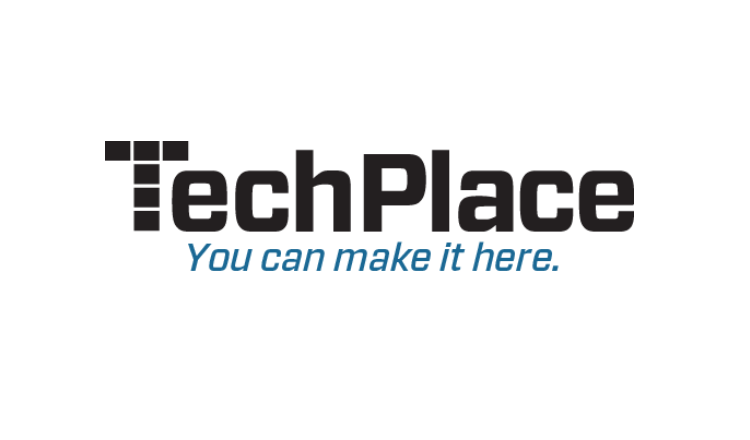Life Sciences
The life sciences industry is one of the key economic pillars in Maine, with increasing importance in recent years.
Biomedical manufacturing is one of the fastest growing sectors in Maine. Life science jobs in Maine grew at a faster pace than all New England states during the last 5 years. Average annual income for jobs in this sector is $108,741 .
Emerging trends to watch in this sector include: innovative food and agricultural technology (from plant-based protein sources to new technology for aquaculture), expanded use of at-home diagnostics and testing products, and increasing use wearable technology to monitor biometrics.
4.2% of Maine’s total exports
42% job growth over last 5 years
over 9,500 jobs in Maine
Maine’s life sciences sector includes more than 450 companies with most focusing on manufacturing of medical and diagnostic supplies, scientific research and development services, and medical diagnostic laboratories. Global biotech companies such as Abbott, BBI Solutions, Corning, IDEXX, Molnlycke, GVS, and Lonza have Maine facilities. World renowned research institutions located in Maine include Bigelow Laboratory for Ocean Sciences, Jackson Laboratory, and Maine Medical Center Research Institute. In addition, more than 20 Maine colleges and universities offer degrees in life sciences.
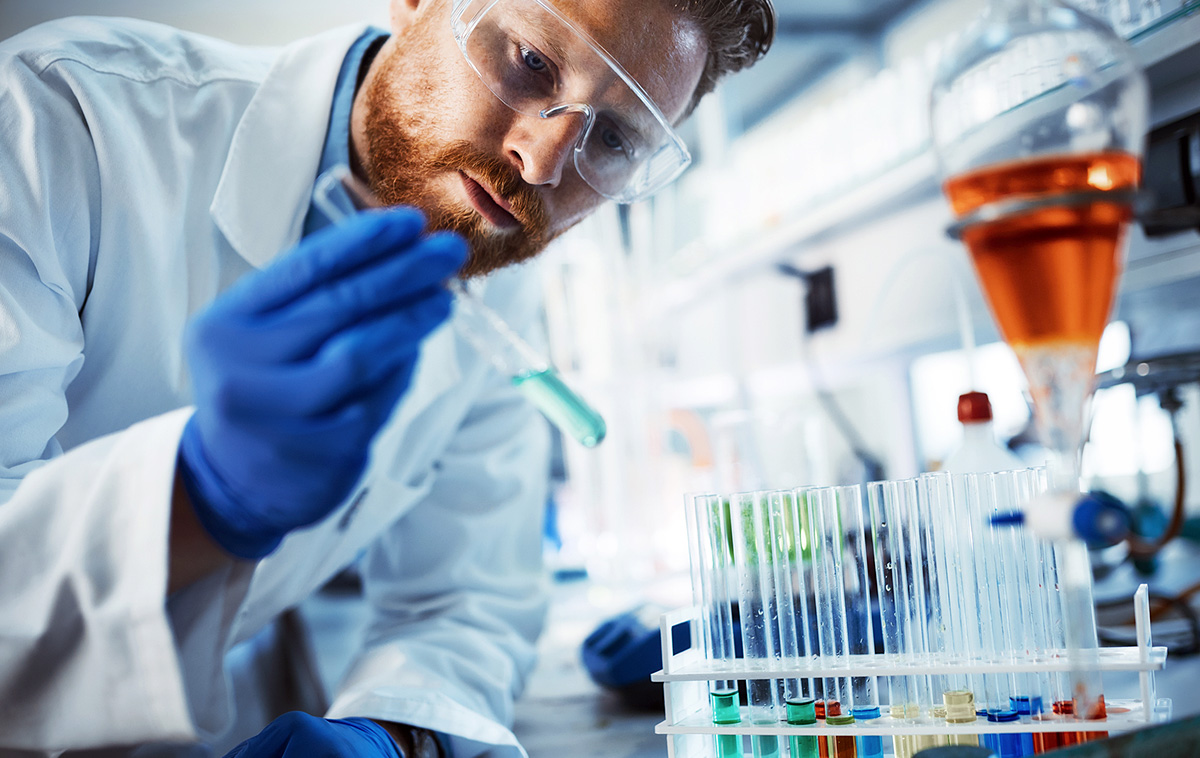
Genomics Center Drives Discovery by Cracking DNA of Cells
Bigelow Laboratory’s Single Cell Genomics Center is a one-stop-shop for reading, or sequencing, the DNA within individual cells. In fact, it’s the only facility that offers open-access services and educational programs in microbial single cell genomics in the world.
Two Innovative Maine-Based Companies Collaborate
GenoTyping Center of America (GTCA), a genetic testing company based in Waterville, ME, has introduced a novel Non-Invasive Buccal Swab Service in partnership with Puritan Medical Products of Guilford, ME. This innovative service allows researchers to collect DNA samples from laboratory animals using specialized swabs, eliminating the need for invasive tissue sampling.
This collaboration epitomizes the dedication of Maine-based enterprises toward advancing global biomedical and drug discovery research, setting an inspiring precedent for industries striving to effect transformative change.
“The life sciences industry in Maine is innovating and growing,” said Heather Johnson, Commissioner of the Department of Economic and Community Development. “We are glad that Puritan is working to develop new and alternative uses for their specialty swabs in partnership with other Maine businesses.”
Industry Support
Trade organization which promotes the industry’s steady growth, interprets its benefits to the public, and influences pertinent public policy
Incubator infrastructure for early-stage life sciences companies including turnkey wet lab, office space, and housing; diverse animal models for research; microscopy resources; and opportunities for individual scientists and independent companies to work jointly with an international group of faculty
Collaborative network of Maine educational and research institutions focuses on creating a technically skilled workforce in Maine through biomedical research training for undergraduates, providing research support to young faculty to increase their competitiveness for federal biomedical research grants, and improving the research infrastructure
Offers grants, loans, equity investments, and services to support Maine’s innovation economy
Incubator infrastructure for early-stage life sciences companies including turnkey wet lab and office space, as well as a place to network with other innovators, research and develop ideas, build prototypes, test products, assemble, grow, and learn
Partners with Maine life science and health entities to develop a regional identity and to build a talent pipeline for the biosciences
International Investors
We’d love to hear from you to discuss your interest in this sector and Maine’s advantages.

